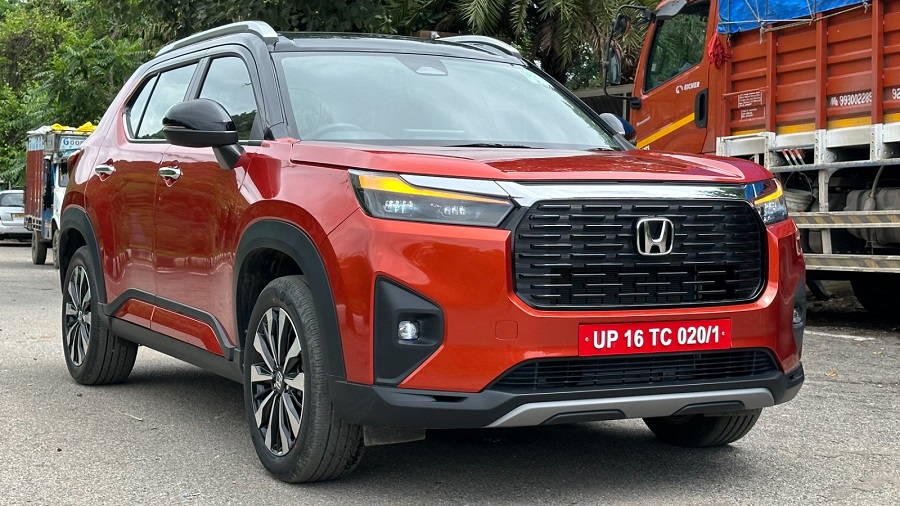Sweeping Recall Reforms: Ensuring Safer Roads in India
In a decisive move to bolster road safety, the Union Minister for Road Transport and Highways, Nitin Gadkari, outlined comprehensive reforms in vehicle recall policies during a recent session of the Rajya Sabha. These measures aim to address the multifaceted causes of road accidents and enhance the safety of motor vehicles on Indian roads.
Comprehensive Testing and Certification
Under Rule 126 of the Central Motor Vehicles Rules (CMVR), 1989, every manufacturer or importer of motor vehicles is mandated to submit prototypes for rigorous testing. These tests are conducted by accredited agencies to ensure compliance with the provisions of the Motor Vehicles Act and associated rules. This stringent certification process is a cornerstone of ensuring that vehicles on Indian roads meet the highest safety standards.
In-depth Analysis of Road Accidents
The Ministry of Road Transport and Highways annually publishes the “Road Accidents in India” report, compiling data from state and union territory police departments. The report provides a detailed analysis of the various causes of road accidents, which include:
- Over speeding
- Use of mobile phones while driving
- Drunken driving and consumption of alcohol or drugs
- Driving on the wrong side and lane indiscipline
- Jumping red lights
- Non-use of safety devices such as helmets and seat belts
- Poor vehicular condition
- Adverse weather conditions
- Poor road conditions
- Faults of drivers, cyclists, and pedestrians
This comprehensive data is crucial for developing targeted interventions to mitigate these risks and improve road safety.
Empowering the Government for Vehicle Recalls
Section 110A of the Motor Vehicles Act, 1988, empowers the Central Government to mandate recalls of defective vehicles. To streamline this process, the Ministry of Road Transport and Highways introduced Rule 127C through a notification (G.S.R. 173(E)) on 11th March 2021. This rule delineates the procedures for issuing recall notices and conducting recalls of defective motor vehicles.
Significant Recall Statistics
From 2021 to 25th July 2024, a total of 511,926 passenger cars have been recalled under these enhanced regulations. This significant number underscores the proactive steps taken by the government to ensure that only safe vehicles are on the roads, thereby reducing the risk of accidents due to vehicular defects.
Minister’s Statement
In his written reply to the Rajya Sabha, Nitin Gadkari emphasized the government’s commitment to road safety and the continuous improvement of vehicle standards. He highlighted the importance of these recall measures in protecting the lives of drivers, passengers, and pedestrians.
These reforms mark a pivotal step in India’s journey towards safer roads. By addressing the root causes of accidents and ensuring the recall of defective vehicles, the government is laying a strong foundation for a safer and more reliable transportation system. The proactive measures outlined by Nitin Gadkari reflect a clear commitment to safeguarding the lives of millions of road users across the country.
As per data maintained by the Society of Indian Automobile Manufacturers (SIAM), under the Voluntary Recall Code of SIAM, the total number, with class/type of vehicles recalled in the country due to safety defects during the last three years and the current year, are as under:-
| S. No | Year | 2 Wheeler | Passenger Car | Total no. of Motor Vehicles |
| 1 | 2021 | 10,74,358 | 2,62,865 | 13,37,223 |
| 2 | 2022 | 1,94,397 | 94,368 | 2,88,765 |
| 3 | 2023 | 1,57,820 | 1,27,086 | 2,84,906 |
| 4 | 2024 (up to 25th July) | 6,89,203 | 27,607 | 7,16,810 |
| Grand Total | 21,15,778 | 5,11,926 | 26,27,704 |








